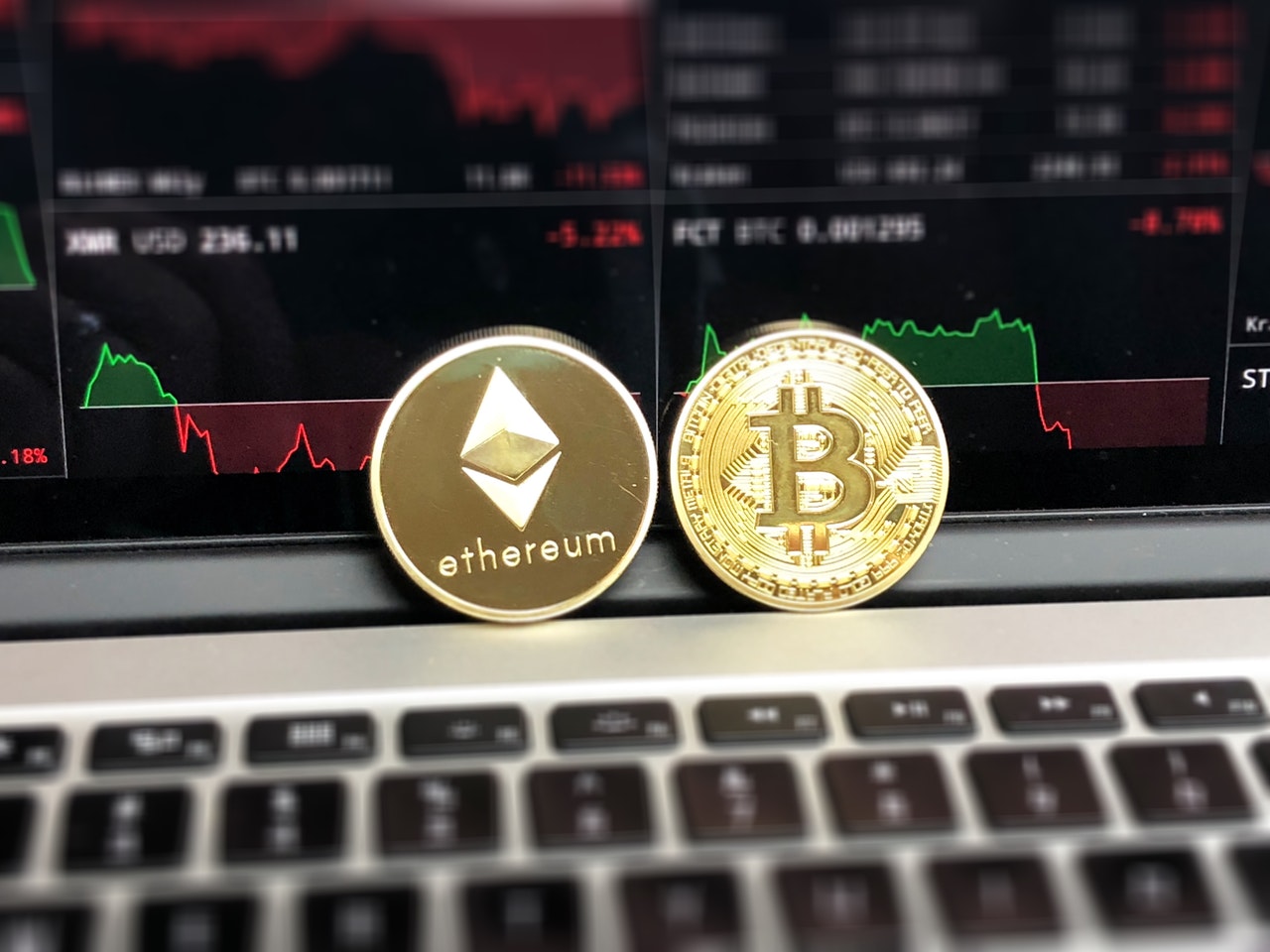Blockchain technology has had a big year – particularly in terms of the role it plays in allowing cryptocurrency transactions to take place securely. But it is all set to have its next huge moment if recent developments are anything to go by. China’s enormous Belt and Road Initiative (BRI) – which will connect vast regions across the South Pacific, Africa, Northern Europe and Russia – is likely to make use of the innovative technology to help to make President Xi’s vision of trade in the region a reality.
Before I go into the implications of what this could mean however, it’s probably worth having a quick reminder of what blockchain technology actually is – and how it could potentially impact a project as large as Belt and Road. I heard an interesting quote from Goldman Sachs earlier this year, who told the industry that blockchain “has the potential to redefine transactions” and can change “everything.” That’s a pretty serious claim – but it’s one that I tend to agree with given the possibilities it can offer in a trading context.
An innovative solution
Blockchain is the technology that underpins crypto currencies like Bitcoin. In lieu of a central bank, Bitcoin transactions are regularly recorded in digital blocks by Bitcoin ‘miners’. These blocks form strings of verified transaction files which hold a copied record of all the transactions that have occurred right across the Bitcoin network over the last few minutes of trading. And, as each transaction in every block is made at a particular time, each block is linked to the previous block of transactions. By grouping these together, the blockchain is created. This becomes, essentially, a full history of banking transactions, shared by all participants in the system, with records of every transaction ever executed – with the added transparency that this implies.
Big advantages for business
So why might those involved in the Belt and Road Initiative be interested in blockchain? Well, the big idea behind the project is to put China at the heart of an enormous trading block – the initiative currently links together 69 countries, with China the economic and strategic hub that they all operate around. The question for those behind the Belt and Road Initiative is how to make sure that transactions within that trading environment operate as efficiently and transparently as possible – and I’d agree that blockchain looks like a pretty good bet to make this happen. There are a couple of reasons why I think this is the case – and they were also highlighted recently by James Henry Lau, Hong Kong’s Secretary for Financial Services and the Treasury.
A viable solution
The first is the nature of the businesses who are likely to be trading within the area covered by the Belt and Road Initiative. Mr Lau pointed out that most within the network are small to medium-sized – and blockchain offers some real advantages for companies operating at this scale. One of the most fundamental is the fact that blockchain technology removes the need for middlemen and for large, cumbersome institutions such as central banks. This means that businesses using blockchain don’t need to pay brokers or wait for authorisation from a slow-moving central regulator – blockchain technology can therefore save the smaller operators both time and money. Secondly, distributed ledger systems like blockchain – where everyone’s transactions are automatically recorded and shared across the system – help the businesses using them to track their transactions, as well as to quickly spot any potential fraud.
Finally, blockchain technology dramatically reduces the need for paperwork – digitalising many of the processes which have previously bogged the trade finance sector down in paper.
A new opportunity
Blockchain technology has been around for a little while now – and it looks set to be a part of the financial landscape for some time to come. Collaboration is increasing in the area of financial technologies – most recently between Hong Kong and Singapore, and there is talk of a new Chinese cryptocurrency – that makes use of blockchain technology – in the pipeline.
The news that the Belt and Road Initiative will be looking closely at how it can take advantage of the potential efficiencies of blockchain technology is hugely significant, however. I believe that the project – given its scale, potential and the commitment made to it by the Chinese government – could really offer this kind of technology its biggest moment in the spotlight yet.
– Robert Weider
For more insight articles and opinions, head over to my blog page now.
